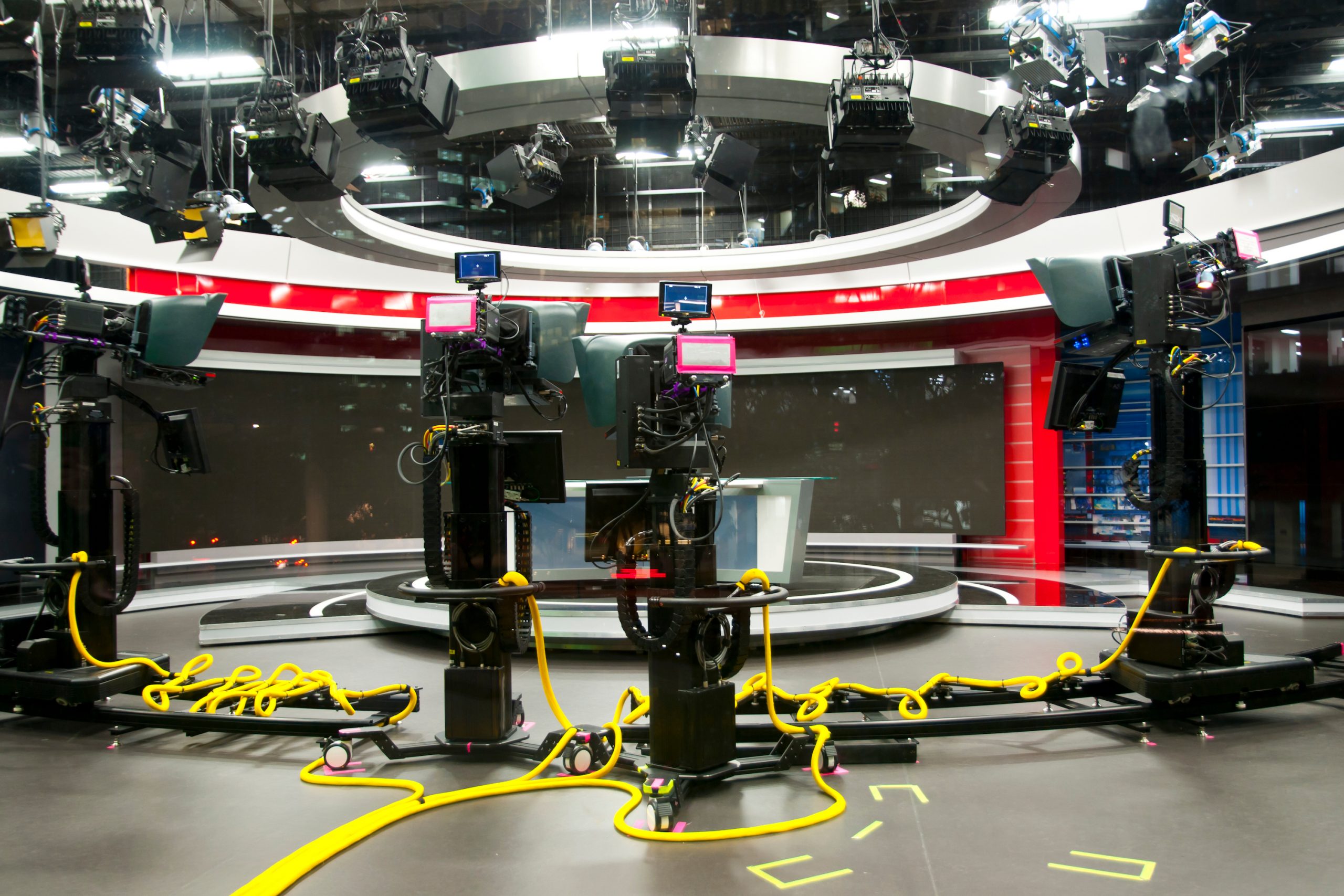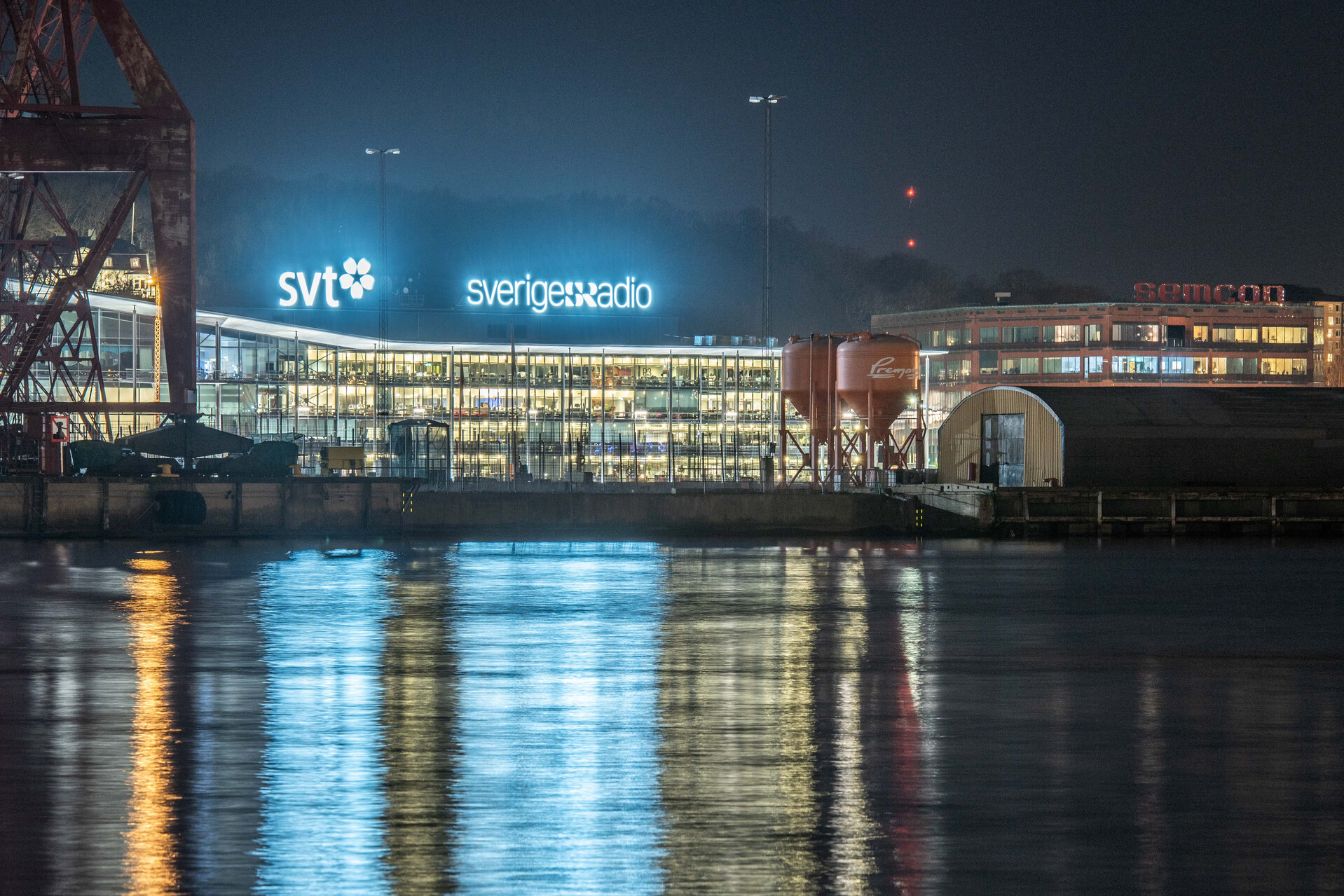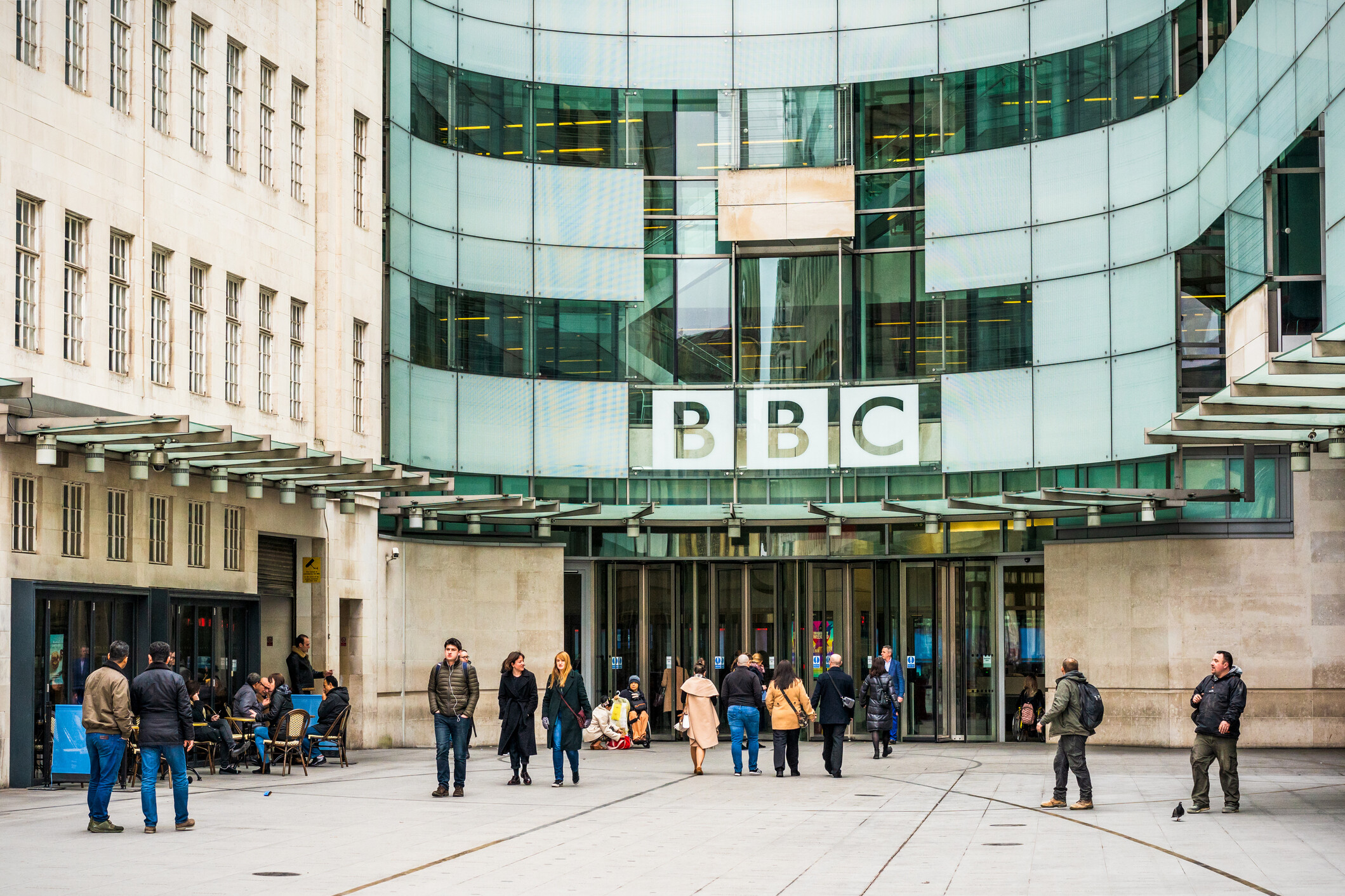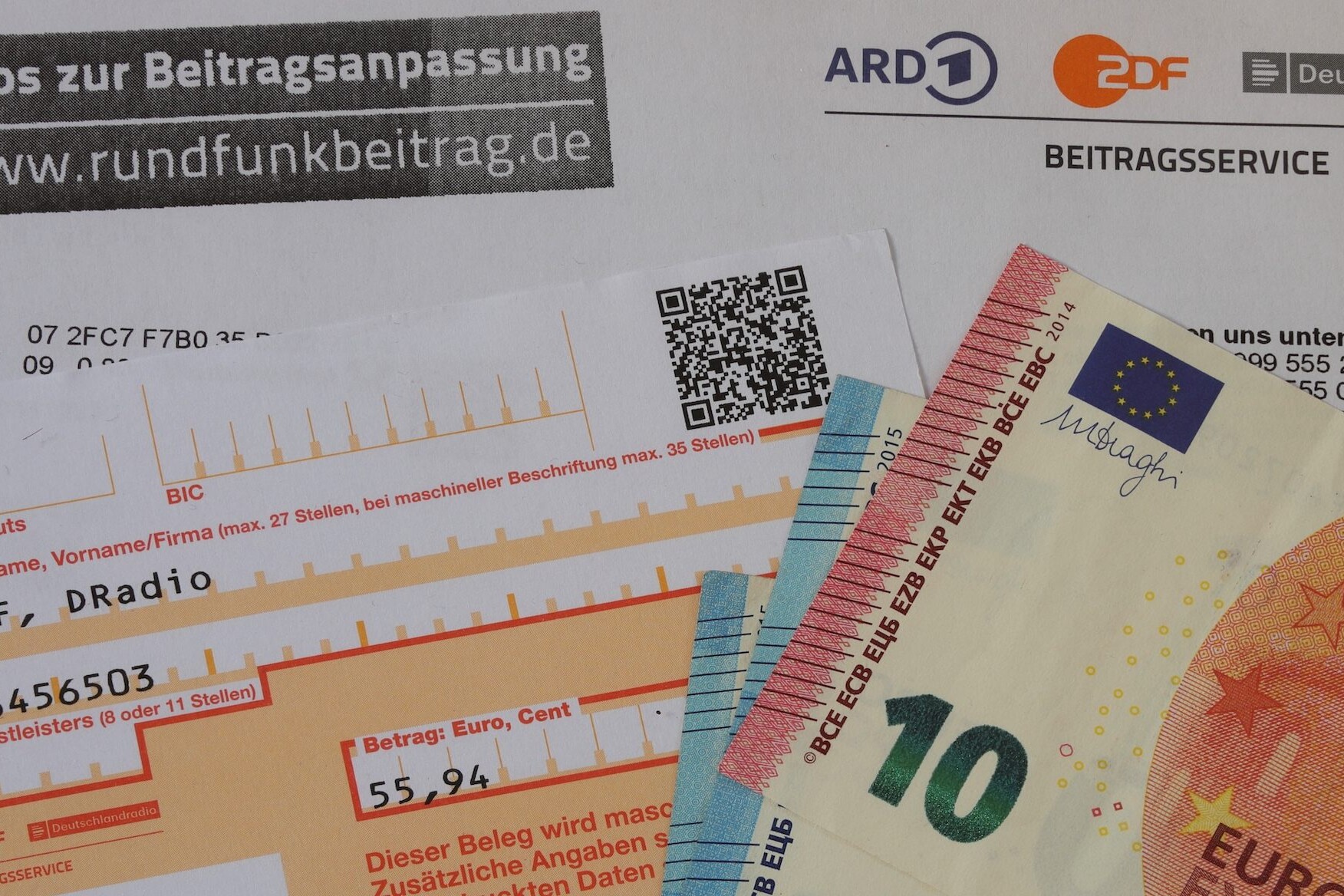NRK: Budget cuts see downsizing, “tough priorities”
6th January 2023
Norwegian public broadcaster NRK has formally adopted its budget for 2023, but with a goal of saving NOK 300 million, the broadcaster faces tough priorities for the year ahead.
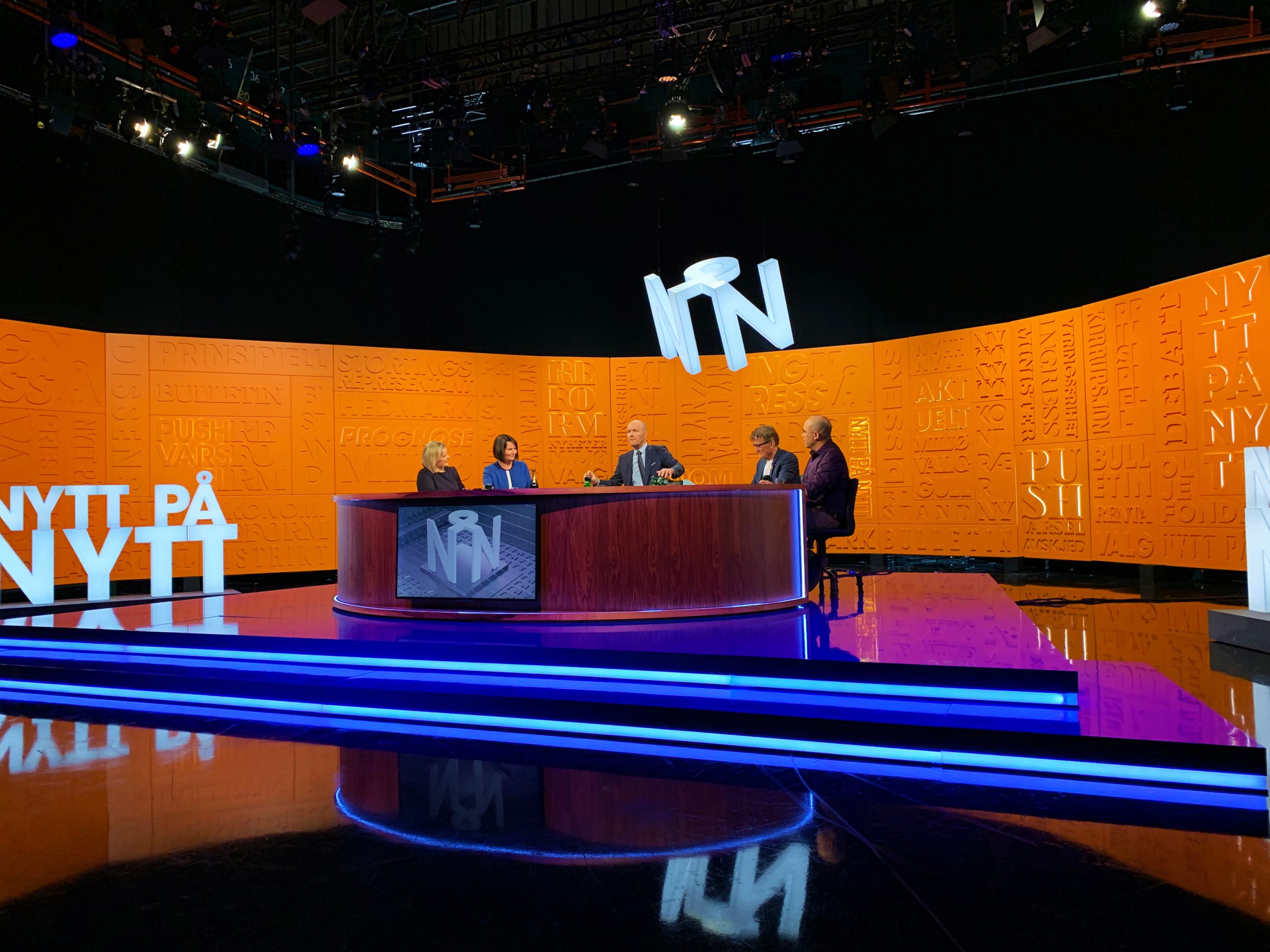
NRK faces tough decisions ahead with an anticipated budget shortfall of more than NOK 300 million in 2023, despite having seen their annual budget increase.
In October, the Norwegian government approved the 2023 state budget and increased support to NRK by NOK 86 million, resulting in total support of nearly NOK 6.1 billion. NRK’s Director-General, Vibeke Fürst Haugen, said the state budget confirmed the importance of a strong publicly funded public broadcaster and recognised that 2023 would be an “exceptional year”.
However, for 2023 NRK will nonetheless “receive a tight financial framework, which, together with abnormally high price and cost growth, means tough priorities,” the public broadcaster said. Medier24 reported that the increased wage and price growth in society, along with an increased employer’s tax, will mean that NRK will have a shortfall of more than NOK 300 million in 2023.
“It has been challenging to save more than NOK 300 million in next year’s budget. All reductions are made with a view to how we can best protect our important mission, audience use and NRK’s reputation,” Ms. Haugen said.
How will this affect NRK?
NRK has reported that about half of the savings would come from content production, with all genre areas – such as drama, facts, sport, culture, and entertainment – being impacted to varying degrees. This would also impact content NRK buys from external partners. However, the broadcaster said its ongoing news production would be largely protected from the saving measures due to “the public’s need for additional information about a demanding world situation”.
“NRK has also been concerned with ensuring the balance between production in Oslo and the districts, in order to safeguard NRK’s ambition to be present throughout the country. In addition, we have taken into account strategic investments and technology areas that NRK has built up over time,” Ms. Haugen added.
NRK revealed that its cost-saving measures would include the postponement of some new productions in 2023 and the postponement of the publication dates of some productions until 2024. NRK will also produce fewer planned drama or factual series. The scope of some productions will be streamlined or reduced while some programmes would end, such as Sportsrevyen (The Sports Review) – a programme that has been in production for more than 60 years.
Departments such NRK Entertainment and the Sports Department will receive budget cuts of NOK 15.4 million and NOK 18 million respectively, Journalisten reports. The Culture Department (NRK Kultur) will receive a budget cut of NOK 10.2 million, of which NOK 6.2 million will be permanently cut. This will result in an adjustment in the music offer for NRK Kultur.
“All reductions are made with a view to how we can best protect our important mission, audience use and NRK’s reputation” – Vibeke Fürst Haugen, NRK Director-General
“We have made some tough priorities, but still NRK must deliver a solid content offer in 2023, under new financial conditions. I am proud and grateful for all the good work done by NRK people all over the country,” Ms. Haugen said.
Meanwhile, the rest of the savings efforts will focus on reductions in staff and support functions, use of consultants, and financial elements such as investments. Speaking to Medier24, NRK’s Financial Director, Andreas Norvik, said that while work on the cost-saving measures will continue for a while, there will undoubtedly be both hiring freezes and downscaling.
Journalisten further reported that several departments would be tightened up, such as the Documentary and Society Department which is expected to cut up to 17 positions and will see a budget reduction of NOK 15.5 million.
Funding struggles matched elsewhere
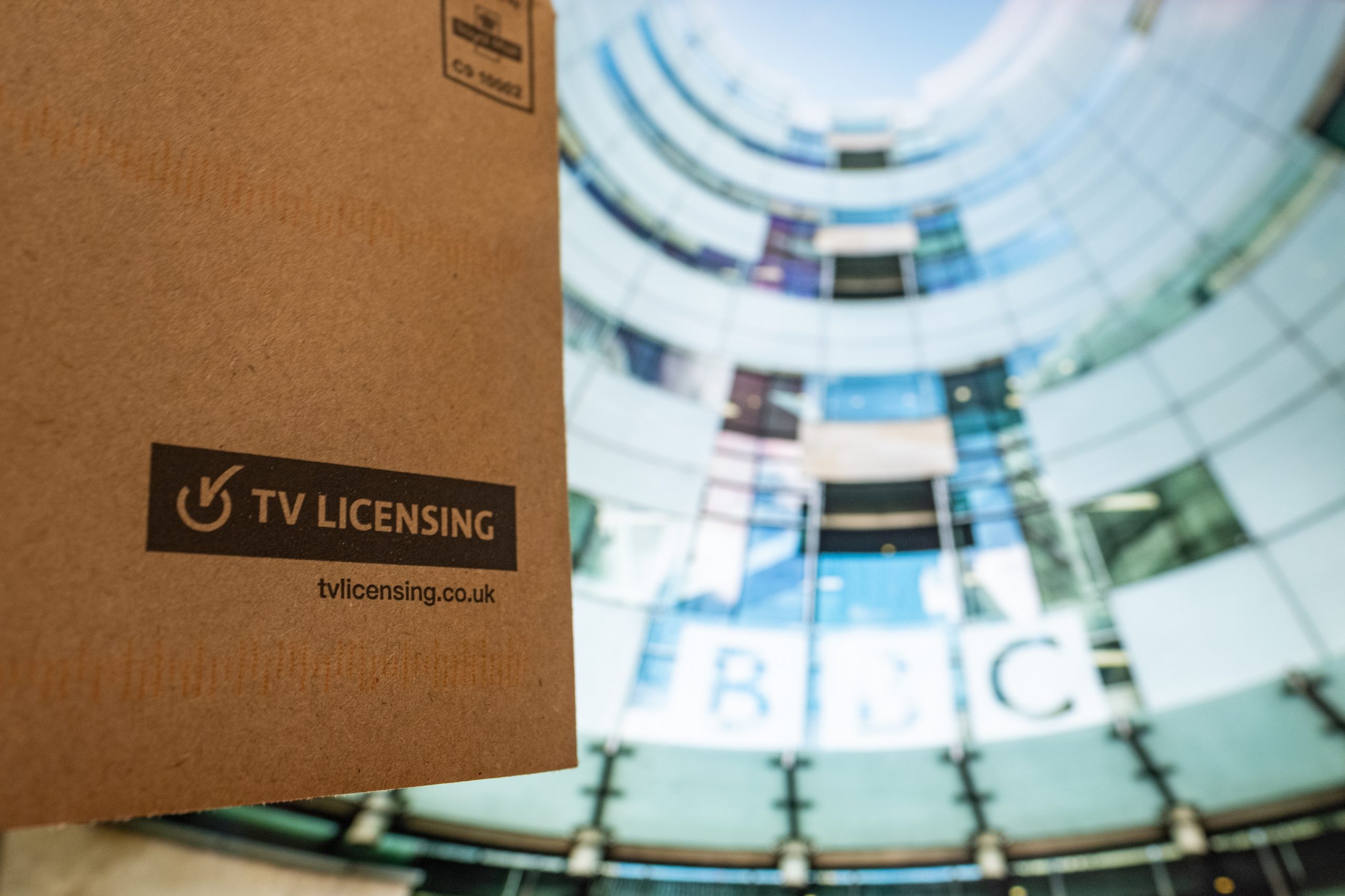
Financial pressures are currently affecting many public service broadcasters. In the UK, the BBC faces a cut in funding over the next few years with the freeze in the licence fee. The corporation is currently experiencing cuts across the board, from the World Service to local radio. The BBC also faces a longer-term question over how it is funded, and whether the licence fee should be replaced. A universal levy has been suggested as an alternative option.
This model has also been suggested in Ireland. In July last year, the government rejected the Future of Media Commission report’s recommendation to replace the licence fee with general taxation. However, in November, the Taoiseach Micheál Martin suggested he too would be in favour of a universal levy.
The licence fee in France was ended last year, but its long-term replacement has yet to be identified. The head of France Télévisions, Delphine Ernotte, said the organisation is already at its slimmest, having experienced €560 million over the past decade, and cannot survive further cuts.
For ORF, despite funding increasing by eight percent over the next five years, Director General Roland Weißmann said cuts would be made as soon as 2024, unless new funding became available. Across Europe, where energy prices are still high, broadcasters are taking significant steps to reduce their footprint and energy bills. Global inflation is also squeezing broadcasters.
Meanwhile, in the USA, NPR is forecasting a budget shortfall of $10 million over the next year, and needs to make savings appropriately. According to Chief Executive John Lansing, a sharp drop in revenue means they will now enforce a “close to a total hiring freeze.” That said, the Corporation for Public Broadcasting has recently been given a funding boost to be put towards infrastructure upgrades, boosting emergency warning systems, and educational content.
Governments need to recognise the pressures facing broadcasters and do all they can to ensure public service media organisations have the resources to provide the levels of service the public expects of them. Funding systems need to be secured to give certainty to the organisations. Under such global circumstances, cuts are inevitable. It is imperative these cuts are made rationally, transparently and with consultation from staff and invested parties. Where cuts are made, care needs to be taken to ensure these do not weaken public trust and confidence in the broadcaster.
Related Posts
7th October 2022
European public media organisations prepare for energy shortages
Some public media organisations are…
29th September 2022
Sweden: Implications for public media after election
Elections in Sweden have seen gains for…
18th January 2022
BBC funding freeze: the importance of a licence fee
BBC's funding freeze and talks of a new…
8th November 2021
Beyond the licence fee: more PSM considering new funding models
The licence fee has remained a popular…
